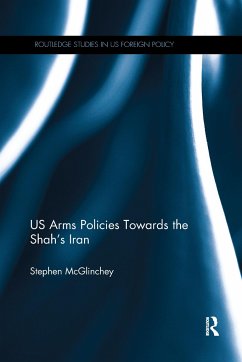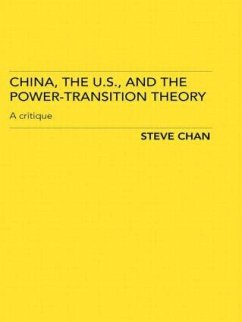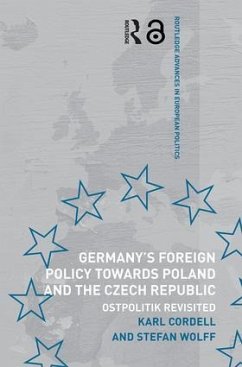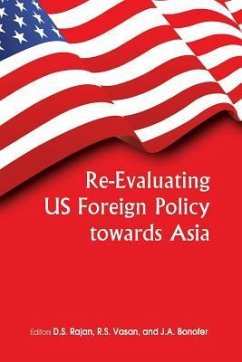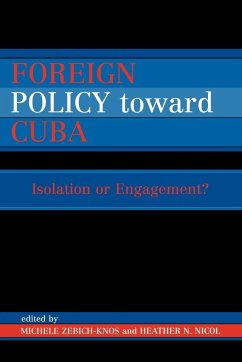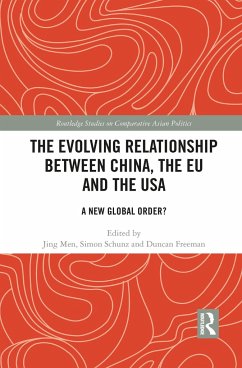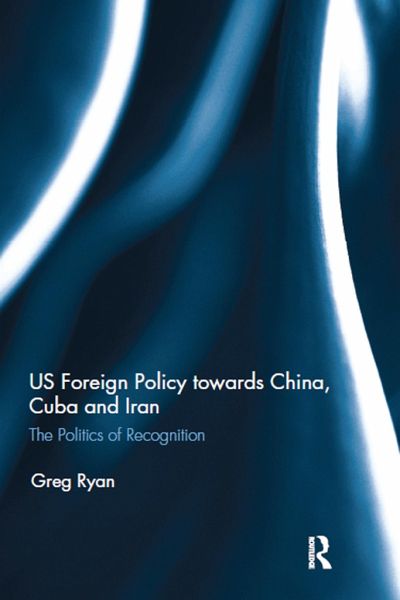
US Foreign Policy towards China, Cuba and Iran
The Politics of Recognition
Versandkostenfrei!
Versandfertig in 1-2 Wochen
55,99 €
inkl. MwSt.
Weitere Ausgaben:

PAYBACK Punkte
28 °P sammeln!
Historically, the United States saw itself as embodying the best system of government with a foreign policy goal of bringing this system to the rest of the world. While Washington has, at times, dealt more realistically with other great powers at odds with this view, it has also attempted to alienate lesser states who reject the American system. The policies of non-recognition of China, Cuba and Iran were marked instances of this phenomenon. As the Obama administration renewed ties with Cuba and contemplated a more cooperative relationship with Iran, staunch opposition arose in defence of main...
Historically, the United States saw itself as embodying the best system of government with a foreign policy goal of bringing this system to the rest of the world. While Washington has, at times, dealt more realistically with other great powers at odds with this view, it has also attempted to alienate lesser states who reject the American system. The policies of non-recognition of China, Cuba and Iran were marked instances of this phenomenon. As the Obama administration renewed ties with Cuba and contemplated a more cooperative relationship with Iran, staunch opposition arose in defence of maintaining the long-standing policy of disengagement with these regimes. Providing a timely explanation for the origins of and continued support for US policies of non-recognition toward China, Cuba and Iran, this book demonstrates the links between IR theory and US foreign policy through the lens of the English School concept of International Society. It identifies historic costs stemming from US policies of non-recognition, and cautions that maintaining an overly narrow frame for understanding global politics will cause greater difficulties for US foreign policy in the future. This book will be useful for American researchers, graduate students and upper-level undergraduates in IR and American Foreign Policy. The inclusion of English School concepts and contrasting of IR theory inside and outside the US should also make it appealing to students in the UK and Australia.






